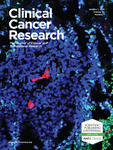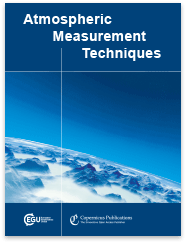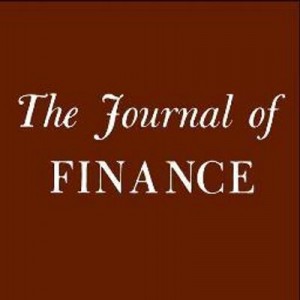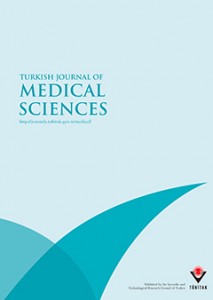The corresponding author of a paper on testicular cancer is telling readers to discount a figure after she learned it may have been manipulated.
Although that one figure in the 2005 paper in the British Journal of Cancer may be problematic, the authors found data to support the other figures, and its conclusions.
This isn’t the first time first author Kerry Manton has faced questions over her data — in 2012, one of her papers was retracted following an investigation by her institution, the Queensland University of Technology. And in 2014, QUT repaid a $275,000 grant after finding Manton
failed to fulfill (her) responsibilities in relation to the responsible dissemination of research findings and that this, coupled with a failure to correct the errors, constituted research misconduct.
Here’s the corrigendum for “Hypermethylation of the 5′ CpG island of the gene encoding the serine protease Testisin promotes its loss in testicular tumorigenesis:”
Continue reading Suspicions of data manipulation lead to correction of testicular cancer paper



 To climate scientist Pieter Tans, a “novel” air sampling device in a recent paper looked a little too familiar. Specifically, like a device that he had invented —
To climate scientist Pieter Tans, a “novel” air sampling device in a recent paper looked a little too familiar. Specifically, like a device that he had invented — 




